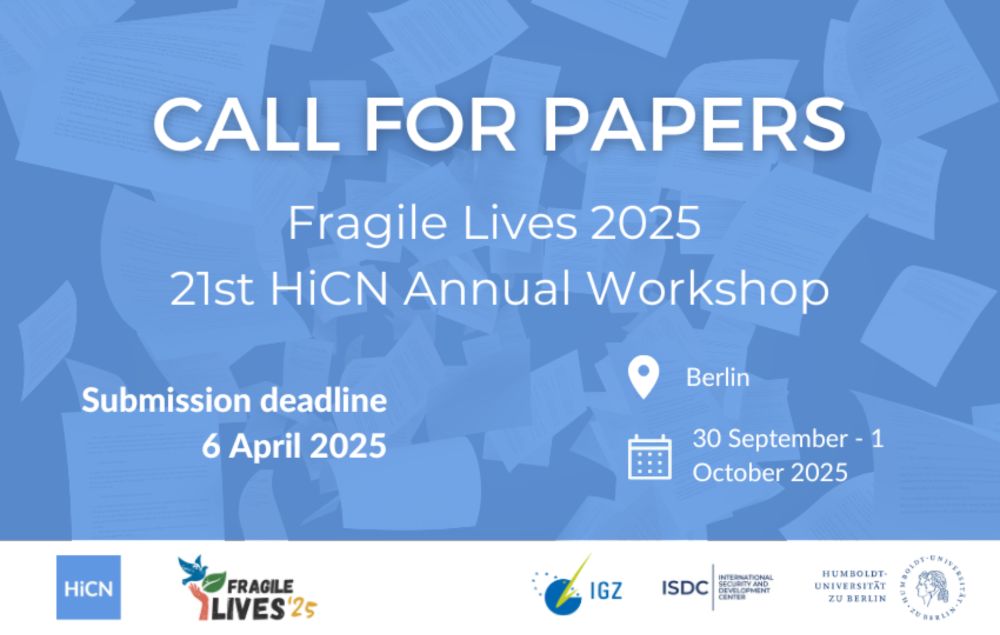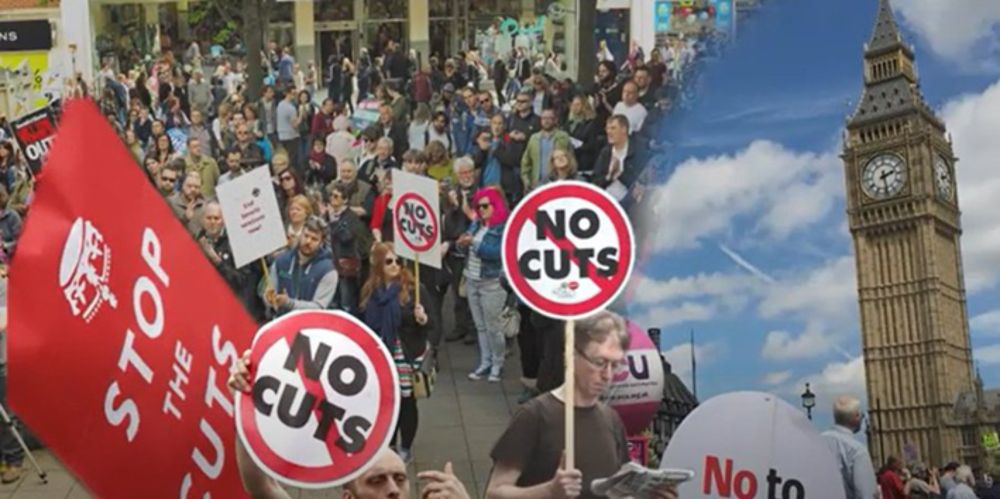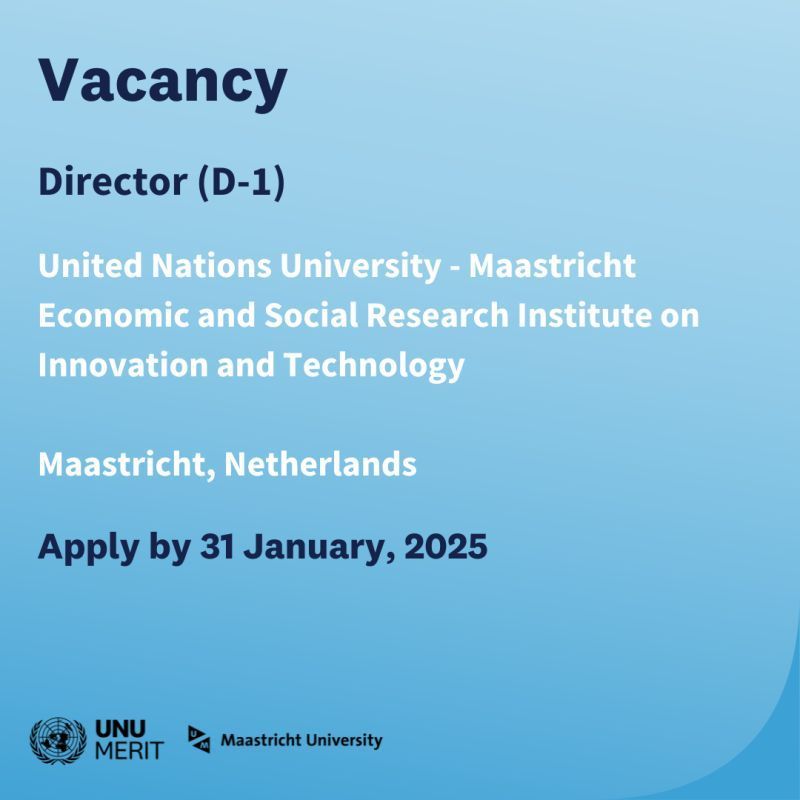
Associate Professor, UNU/MERIT and Maastricht University
Inequality; Political economy; Development economics.
https://sites.google.com/view/brunomartorano/home
United Nations University Institute on Globalization, Culture and Mobility; Mère et Enfant en Milieu Tropical; Robert Bosch (United States); Maastricht University • Income, Poverty, and Inequality, Poverty, Education, and Child Welfare, Fiscal Policy and Economic Growth

I. Günther and I (@unumerit.bsky.social) explore this in our JEBO paper
A 🧵: bit.ly/49tmpOz
Reposted by Catherine E. De Vries, Bruno Martorano

Reposted by Janet Gornick, Bruno Martorano

👉New paper by F. Avaredo @yonatanberman.com & @morellisal.bsky.social estimates wealth distribution using estates left at death.
🔍Read more wid.world/news-article...
Reposted by Bruno Martorano

academic.oup.com/migration/ar...
Reposted by Rachel M. Gisselquist, Bruno Martorano

#callforpapers #Berlin #HiCN #FragileLives @isdcberlin.bsky.social
Reposted by Koen Frenken, Alex Coad, Bruno Martorano
Work within a multidisciplinary team to map and analyse AI innovation pathways using NLP—focusing on their societal impact, especially in sectors like agriculture.
🗓️ Apply by 13 April 2025
🔗 go.unu.edu/m93fc
www.nationalelectionsdatabase.com
with Benjamin Marx and Vincent Rollet
Reposted by Bruno Martorano

You can put a tax on wealth, equalise taxes on wealth with taxes on work, or crack down on avoidance to raise billions right now!
Reposted by Bruno Martorano
www.linkedin.com/posts/caren-...
The DHS are such a key resource for data on health, nutrition, fertility, etc, and a global public good. Now it will be harder to document the damages of shutting down critical health programs among the world’s poorest, but likely this is why they have been terminated
www.linkedin.com/posts/caren-...
Reposted by Bruno Martorano

📄 go.unu.edu/7wzza
Reposted by Bruno Martorano

Applications remain open for the Director (D-1) role at UNU-MERIT 🇺🇳. Lead a globally recognised institute at the intersection of academia and the UN, shaping research, education, and partnerships.
Deadline: 14 February 2025
Apply now: buff.ly/3Dz8ZEU
Reposted by Bruno Martorano

Apply for UNU-MERIT’s PhD Programme in Innovation, Economics, Governance & Sustainable Development.
✅ Full-time & dual career tracks
📅 Starts: September 2025
⏰ Deadline: 15 February 2025
Join a dynamic research community shaping policy impact.
🔗 Apply now: bit.ly/4fROa5t
Reposted by Keetie Roelen, Bruno Martorano

While people are told that #austerity cuts are unavoidable because there’s no money, billionaire wealth is growing 3 times faster than it was just a year ago
#Inequality can and must be reduced
www.oxfam.org/en/takers-no...
#EndAusterity #TaxTheRich
Reposted by Bruno Martorano, Hannes Rusch

UNU-MERIT is seeking its next Director (D-1) to lead research, education, & global partnerships at the intersection of academia and the United Nations system.
🗓️ Apply by: 31 January 2025
📍 Maastricht, Netherlands
🌐 Learn more: buff.ly/3Dz8ZEU
psantanna.com/did-resources
There, you will find
- 14 lectures of my comprehensive DiD course
- Shorter lectures/talks I have given on DiD
- My DiD R/Stata/Python packages
- Some DiD checklists
- DiD materials from my friends
Enjoy!
Reposted by Marina Della Giusta, Guido Heineck, Bruno Martorano


